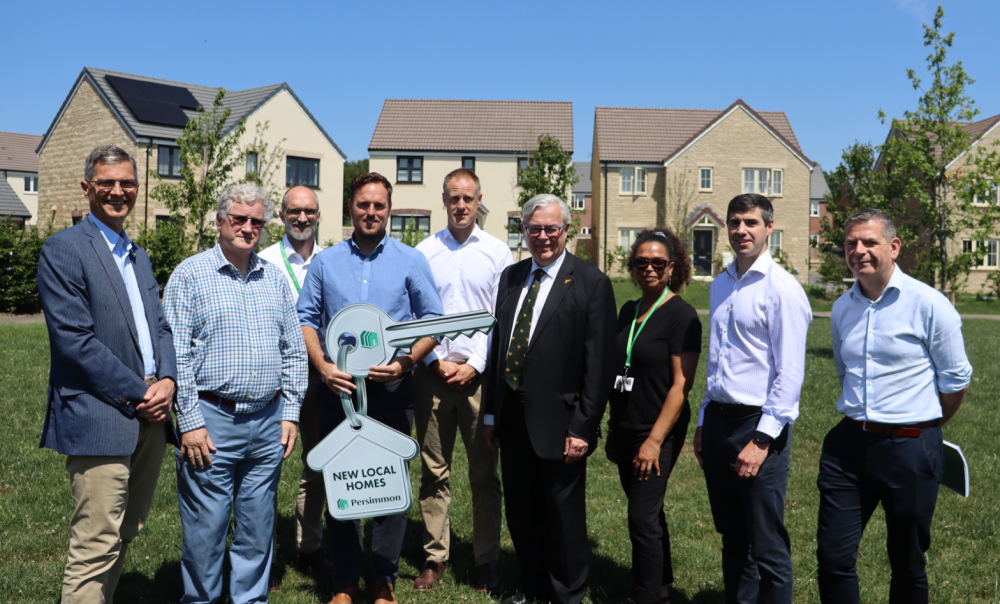A specialist Swindon security firm says a BBC investigation laying bare poor working practices in the industry is a damning reflection of long-standing issues of low pay and margins.
SSGC has welcomed scrutiny from the BBC’s File on 4 programme, which found security guards are fraudulently obtaining work licences after attending sham training courses.
An undercover reporter paid extra to complete a mandatory six-day course in a day and a half, missing crucial first-aid training.
SSGC takes a strong stand against the stance of the industry regulator, the Security Industry Authority (SIA), to exclude checks on labour-only agreements – something many security companies exploit to avoid scrutiny on vetting, to avoid paying tax and to deliver an unfair market advantage.
Everyone who works for SSGC directly, or through its ACS-appointed supply chain, is fully-vetted and added to PAYE payroll, so they can access statutory employment rights such as sick pay, holiday pay and National Insurance and to ensure all taxes due are paid.
SSGC CEO David Stubbs said: “We’re pleased to see yet more external scrutiny on security industry practices.
“It’s clear the industry has a real role to play when concerned with public safety, yet there continues to be significant evidence of poor labour practices. The use of umbrella companies and misuse of self-employment to avoid the costs of delivering statutory employment rights and apply correct taxation is still common.
“It’s no real surprise that companies are failing to invest in the delivery of correct training and licensing of their staff. A quick look at the SIA’s own publication showing the number of upcoming court cases where companies have fallen short in the very basic delivery of correctly-licensed staff is a real demonstration of corner cutting which should concern the public.”
David said the ongoing issues around labour-only agreements were driven by an industry where companies are faced with delivering ever-more complex services in an industry of minimum pay and extremely low margins while regulators are still struggling to set effective controls.
“This is amplified by the fact that there are many Tier Two-plus businesses which struggle to get paid on time, or sometimes at all,” he added.
“Often this is on the largest contracts, where the Government relies heavily on big business outsourcers. Unfortunately, these often have unscrupulous commercial and legal teams whose whole existence is to run out a playbook designed to frustrate fair commercial terms and make additional profits from underpaying lower-tier suppliers.
“The result is an industry where the pop-up business unhindered by the real costs of employment are king, offering low charge rates and poor practice to enhance and hold up the profitability of the industry giants and outside effective scrutiny.”
The Security Industry Association said the evidence presented in the BBC report suggested criminality, and it was now working with the organisations which oversee these training companies to further investigate. It also said it would be referring the matter to the police.
For more information about SSGC, visit www.ssgc-net.com or search for SSGC on social media.









Your Comments
Be the first to comment on this article
Login or Register to post a comment on this article